If you wanted to start a revolution would you choose an Oxford educated multi-millionaire banker to lead it? Not the obvious choice is it? Which is why the news that the next chairman of the BBC Board is to be ex-Goldman Sachs banker Richard Sharp looks very like a retreat from any serious attempt to reform the Corporation. Tim Davie, the Director-General (DG) and the rest of the BBC executive board will be breathing sighs of relief; it looks very much like ‘business as usual’ at New Broadcasting House. The Revolution is postponed.
In choosing Mr Sharp, a walking caricature of the Establishment, the Johnson government is signalling that it’s opting for a quiet life rather than conflict with the BBC. It is also demonstrating a continuing fondness for moneymen. Since the turn of the century there have been seven chairmen at the BBC and four have been bankers. Richard Sharp isn’t even the first Goldman Sachs man in the role – Gavyn Davies also served the ‘giant vampire squid’ of the banking world before his years at the BBC. There’s no reason, I suppose, why a banker shouldn’t chair the BBC but it seems slightly odd that governments of different stripes should find them so particularly suited to leadership in broadcasting.
All the exciting leaks in the autumn about who would be Clementi’s successor now seem far-fetched and far away. At the time the front-runner was Charles Moore, the former Daily Telegrapheditor and BBC critic. His appointment really would have signalled intent to reform. But Mr Moore ruled himself out. Doubtless he had good reasons, but for those of us who saw him as a powerful ally in restoring the Corporation’s ‘impartiality’, this was disappointing. With him out of the running the field supposedly opened up (the Cabinet Office has insisted that the appointment process was ‘open and transparent’) and then came the leak back in November that Mr Sharp was the favourite. And the country wondered ‘who he?’
Well Sharp turns out to be a mightily generous donor to the Tory Party (£400,000 plus), a former chairman of the Royal Academy of Arts, a former member of the Bank of England’s Financial Policy Committee and the former boss of the Chancellor Rishi Sunak. Someone, with his Oxford PPE in his back pocket, who has made his fortune and hopped on the social escalator.
In terms of BBC reform though, Sharp’s appointment is no more than a coda to the much more significant defenestration of Dominic Cummings, at the behest of the Prime Minister’s partner Carrie Symonds. With Cummings out, the prospect of meaningful reform of the BBC dramatically dimmed. Cummings’s thinktank, remember, nearly 20 years ago described the BBC as the ‘mortal enemy’ of the Conservatives. Far too many Conservatives though seem content to allow the BBC to continue acting as the permanent, publicly-funded, liberal-left opposition. They are trapped in a Stockholm Syndrome mentality where, despite the daily distortions and disparagements the BBC dishes out, they just go on loving Auntie. With Cummings gone, is there anyone now in government who will take the BBC on?
The portents are not good. A few days before Christmas the government slipped out the news that it was dropping de-criminalising non-payment of the licence fee. This measure would, it was estimated, have cost the BBC up to £300 million a year. More importantly, it would have been a sign that the licence fee itself was on the way out. John Whittingdale, the Media and Data minister claims that de-criminalisation has not been ruled out, but has commented that ‘it is not as simple as perhaps first suggested’. That can be chalked up as a clear victory for the BBC.
The senior management at the Corporation, and its many powerful friends and allies, understand full well this is the key battleground. For the BBC the licence fee privilege is the absolute heart of the matter; it bestows the huge advantage of insulating the BBC from commercial pressures, allowing it to behave much as it has always done.
The BBC’s problems are not the invention of malicious right-wingers. Polling published by YouGov a few days’ ago shows that nearly half the population now feels the Corporation does not ‘share their values’. But the fact that millions feel there is a growing gulf between the Corporation’s values and our own will not necessarily be the decisive factor in the battle to reform the institution. That is because the third of people who feel the BBC represents them well tend to be from the most influential part of the population. These are the higher educated, the higher earners, the people who think of themselves as ‘liberal’. Is Richard Sharp among their number? This is the key question: if Sharp does indeed feel that the BBC ‘shares his values’ what hope is there for reform? The people who feel the BBC represents them almost always get their way – Brexit being the one great, glaring exception. They will fight hard to protect the prerogatives of a broadcaster that so faithfully amplifies their own world-view.
Some people will look at this appointment and shrug their shoulders; how important, after all, is the job of BBC chairman? It’s a good question. The chairman has always been part Corporation cheerleader (exemplified by Lord Patten when he was in the job) and part supposedly sagacious leader who sets the strategic course.
The chairman is explicitly denied any role in deciding what is actually broadcast, whether that’s tone or content. As the Martin Bashir scandal so dramatically shows, when the DG wants to bypass the chairman, it is easy to do. So the question of the new Chairman always had more of a symbolic importance. But there is another appointment in the offing which in many ways is more significant: the chair of Ofcom, the broadcaster’s regulator. A name linked with that is the bete noire of the Liberal Ascendancy, Paul Dacre, ex-editor of the Daily Mail. Now if there turns out to be any truth in that rumour it would be a sign that real reform is still a possibility; but I’m not holding my breath.
<//>
Got something to add? Join the discussion and comment below.
Get 10 issues for just $10
Subscribe to The Spectator Australia today for the next 10 magazine issues, plus full online access, for just $10.

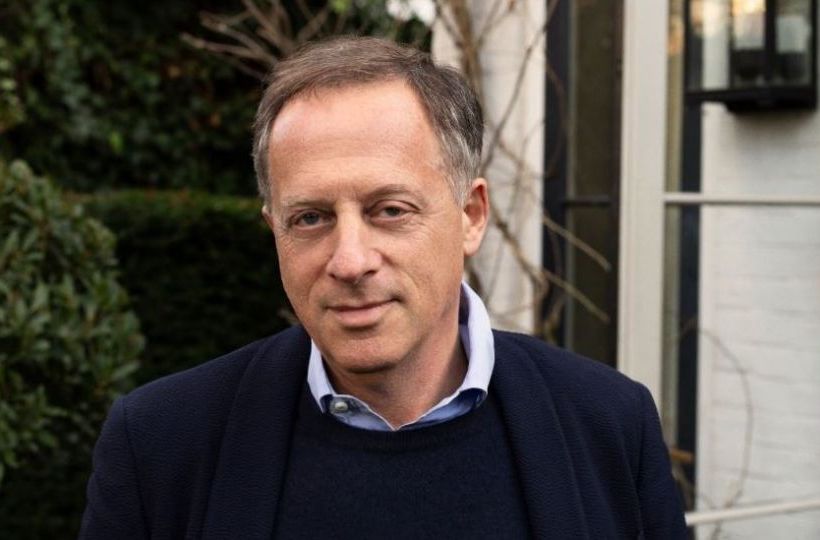

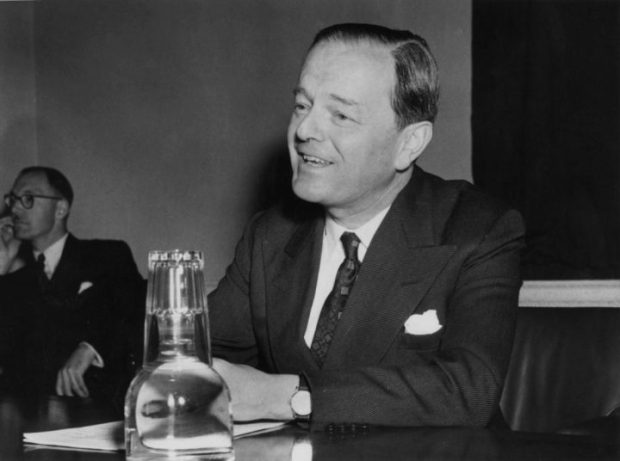
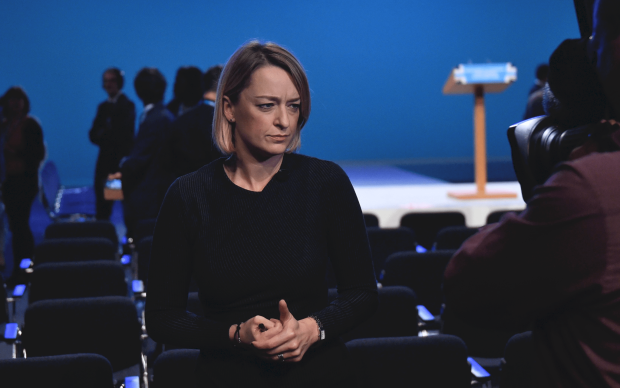
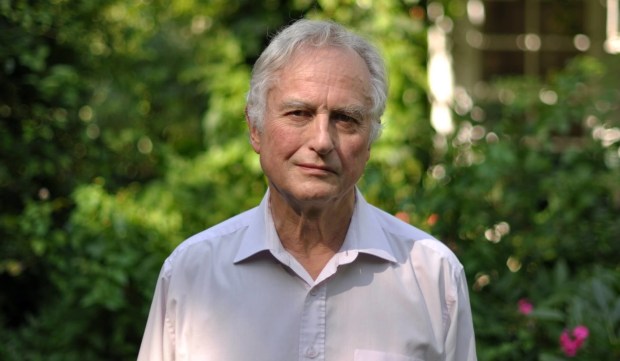

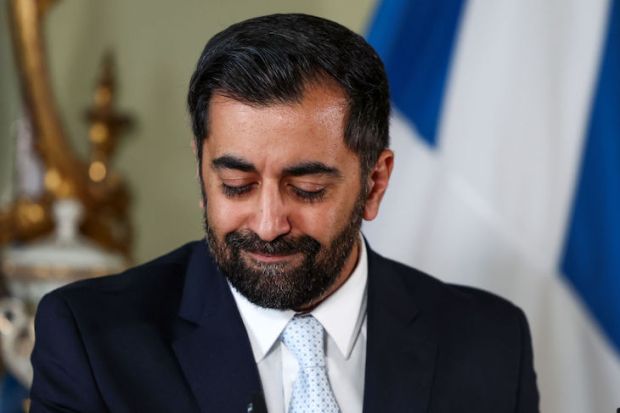












Comments
Don't miss out
Join the conversation with other Spectator Australia readers. Subscribe to leave a comment.
SUBSCRIBEAlready a subscriber? Log in